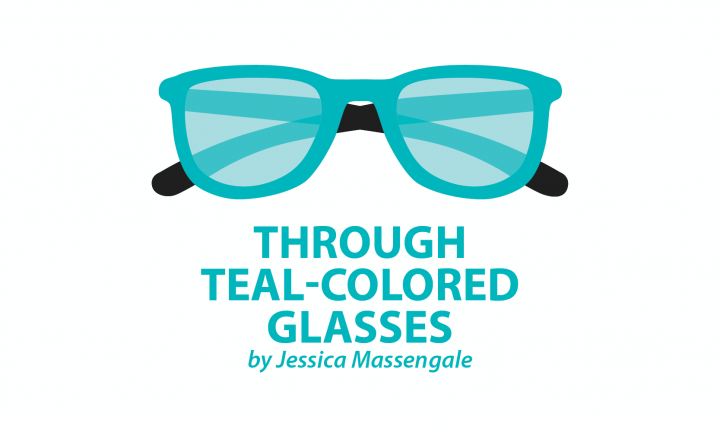Letting Go of the Past
Written by |

Spring cleaning is a good method to get rid of old clothes, memorabilia, and things that serve no purpose. Getting rid of old stuff can leave a person feeling less cluttered and mentally cleansed. Releasing the past can spark clarity and peace. When dealing with chronic illness, some moments are mentally painful to change or to watch your body slow down. An internal battle struggles to accept what is instead of what used to be. But letting go of these thoughts can help pave the way for more realistic expectations.
Anyone struck with an unexpected disease has frustrating moments of wishing they weren’t sick. The entire process is challenging, especially in the beginning. The mental anguish and frustration churn like a raging sea in the center of one’s mind, pulling caregivers and patients under. It can feel like you’re living someone else’s life since this was “never supposed to happen to you.” But it did. The sooner the reality pill is swallowed, the better.
When you lose function of a body part, it can change everything — even your personality. For example, you may acquire new levels of patience because it can take twice as long to perform a task than before. A disability can teach you a lifetime of lessons sooner than you ever expected.
Learn to let go of certain aspects of the future, or tweak the idea to become something new. Holding on to lost ideas of the past can block the mind from achieving new feats. I used to worry about reciprocating a high-five or become very depressed when thinking about holding hands with a future spouse. (Scleroderma twisted my hands, and it’s too late to have surgery.) These sad thought processes contribute nothing to my well-being, and it took me a few years to realize that. It is difficult because, at 30, it’s hard to accept being disabled, but the future is still in the palm of my hands. The sunshine of my life is just setting on a different horizon.
Obsessing over things that simply can’t change is a null, void pastime, and our attention should be focused on the future and working with what we’ve got. Once you let go of an old idea or thought, your brain becomes lighter, and you give yourself space for new ideas. I am now at peace with the fact that I rely on others to do a lot for me. It took rivers of tears, hateful thoughts, and severe depression to get to this point of calmness. The day I realized that scleroderma was my fate, I came one leap closer to obtaining happiness.
There is also a dangerous side of acceptance: defeat. When an overwhelming feeling of defeat takes over the mind, it’s hard to turn back. Diseases feed off defeat and seem to accelerate quickly when a person gives up. This is not a form of healthy acceptance.
Remind yourself daily of how strong you are and how far you’ve come. Focus all energy of your thought process on the things that are still in your control, even if it’s just watering your favorite plant. Our disease is a part of our life, but we want to be remembered for the love that shined out of our soul despite great adversity.
***
Note: Scleroderma News is strictly a news and information website about the disease. It does not provide medical advice, diagnosis, or treatment. This content is not intended to be a substitute for professional medical advice, diagnosis, or treatment. Always seek the advice of your physician or other qualified health provider with any questions you may have regarding a medical condition. Never disregard professional medical advice or delay in seeking it because of something you have read on this website. The opinions expressed in this column are not those of Scleroderma News or its parent company, Bionews Services, and are intended to spark discussion about issues pertaining to scleroderma.








Leave a comment
Fill in the required fields to post. Your email address will not be published.